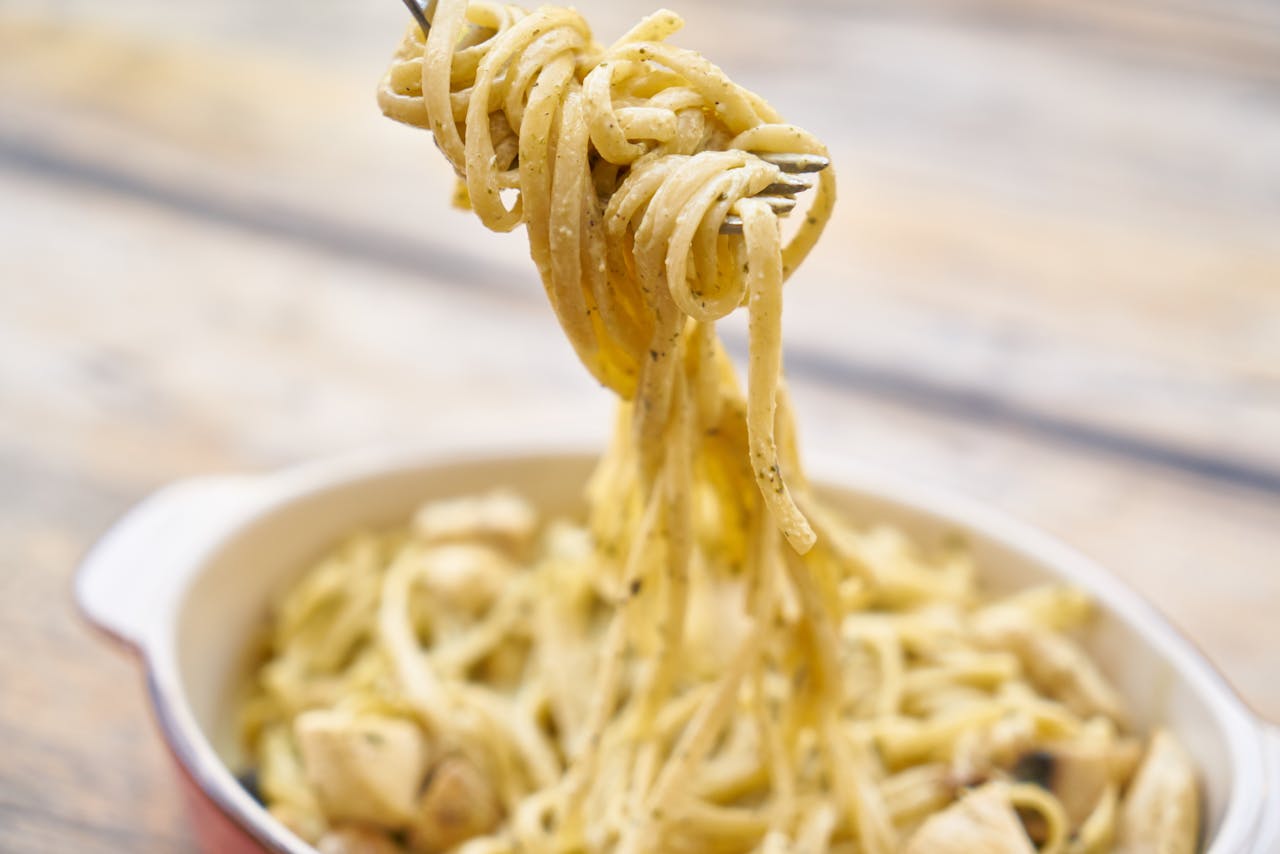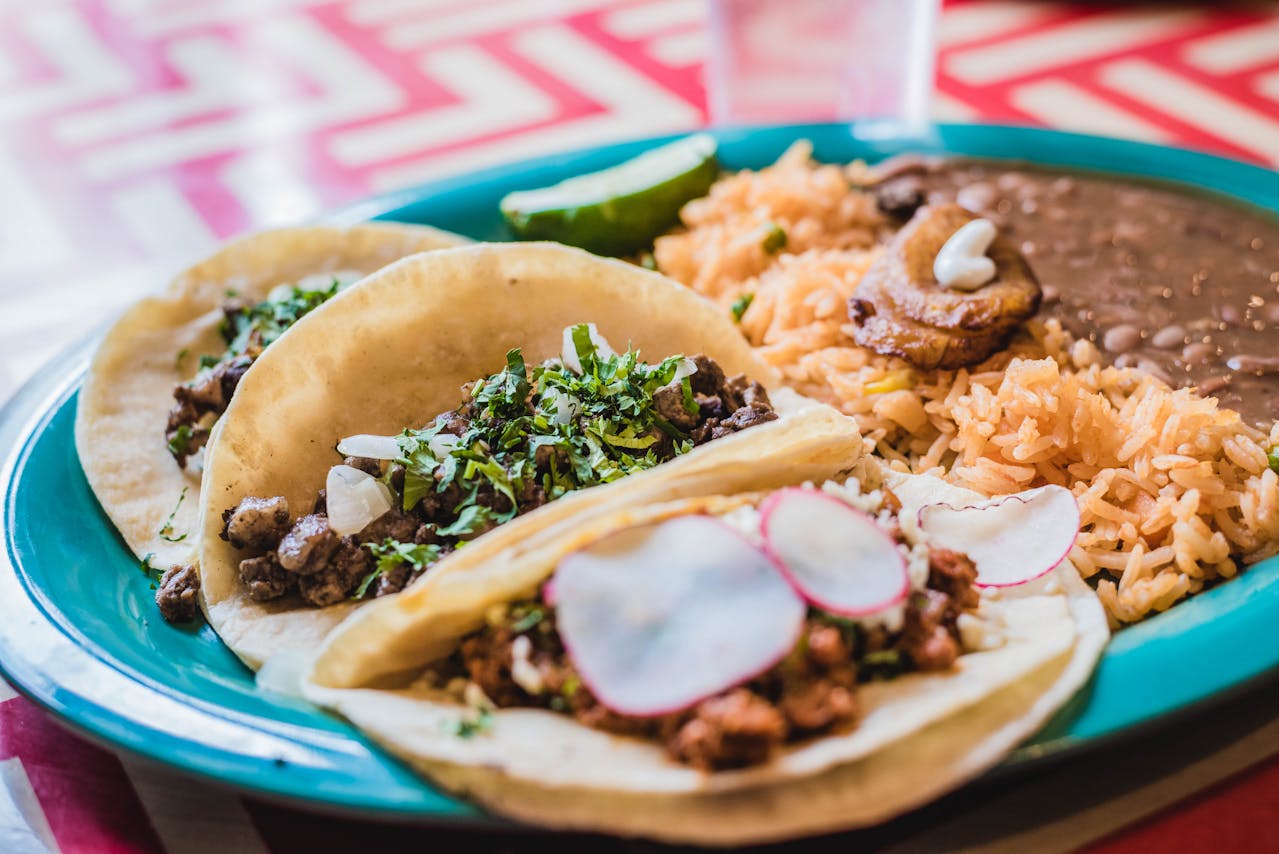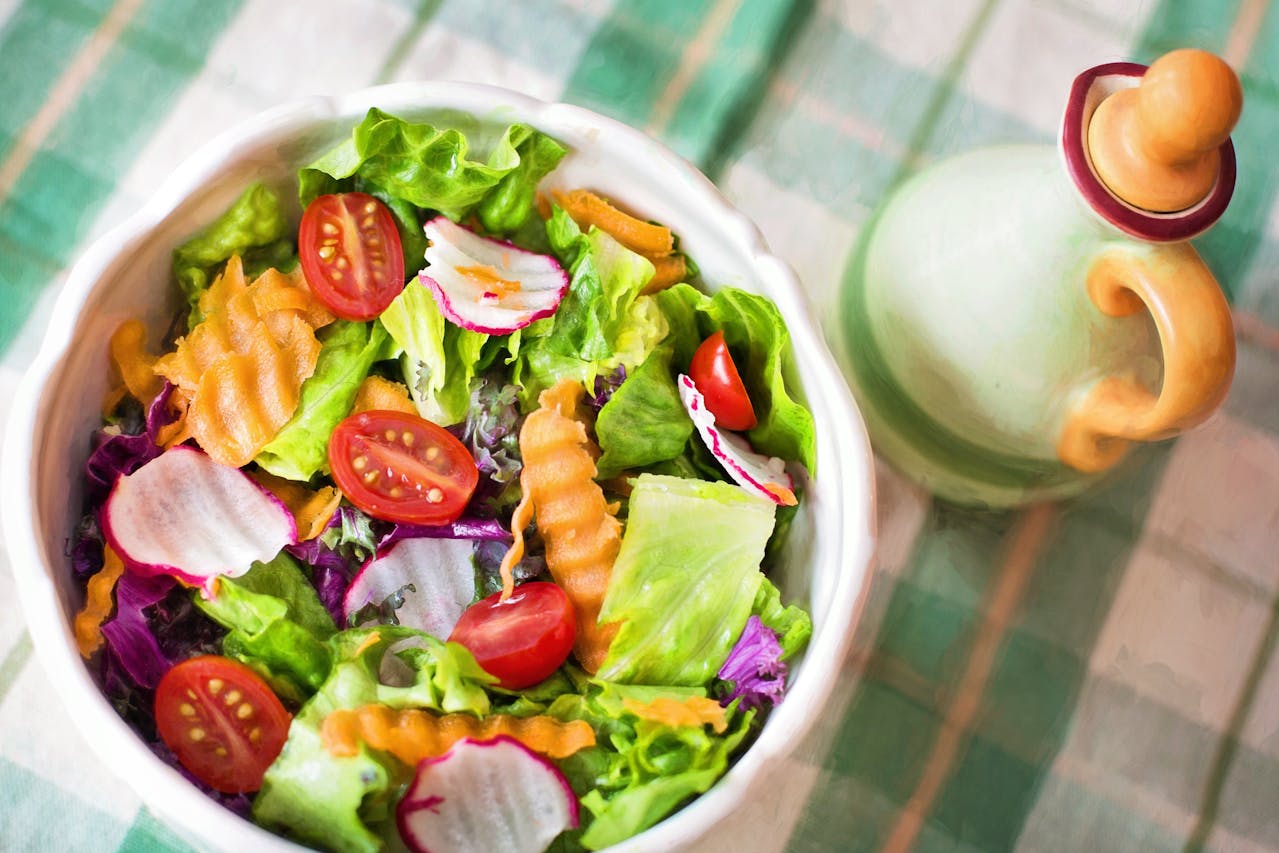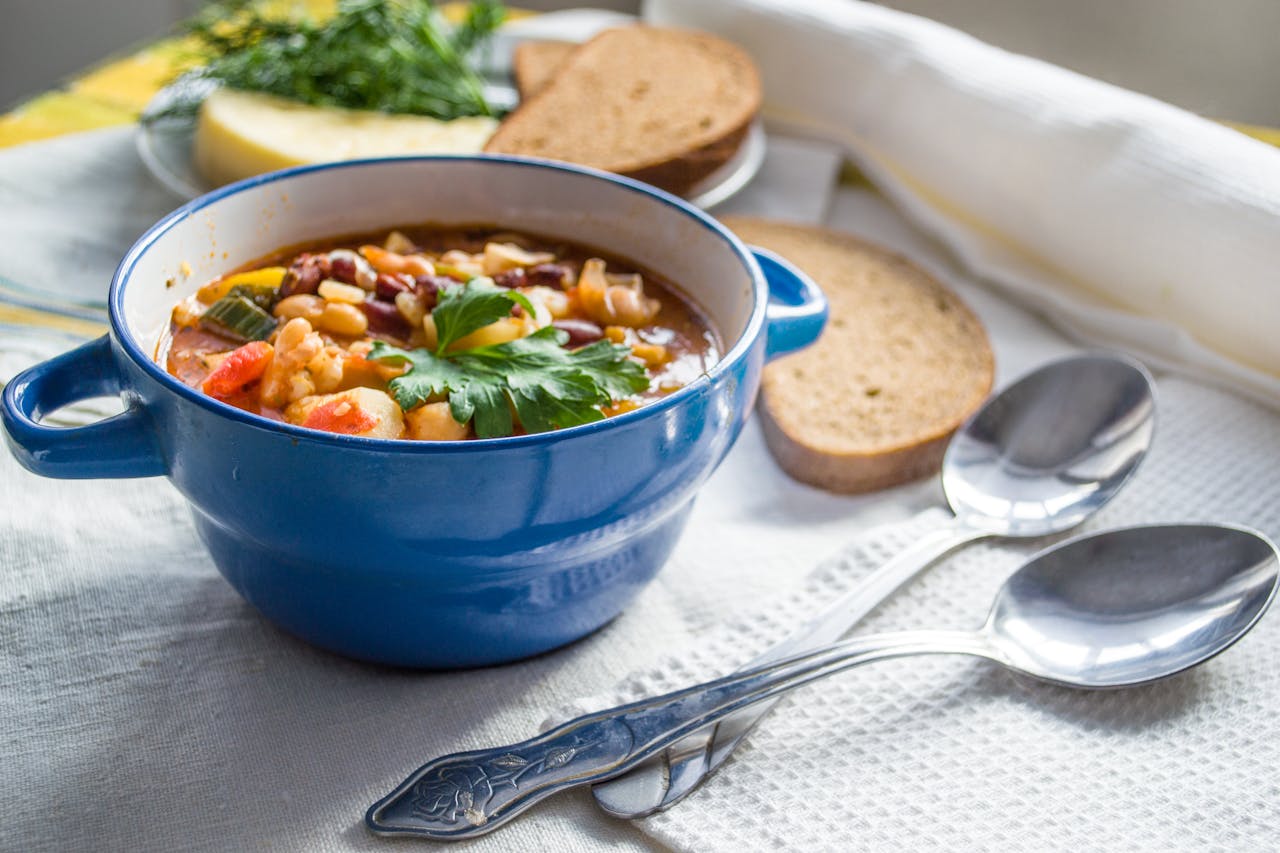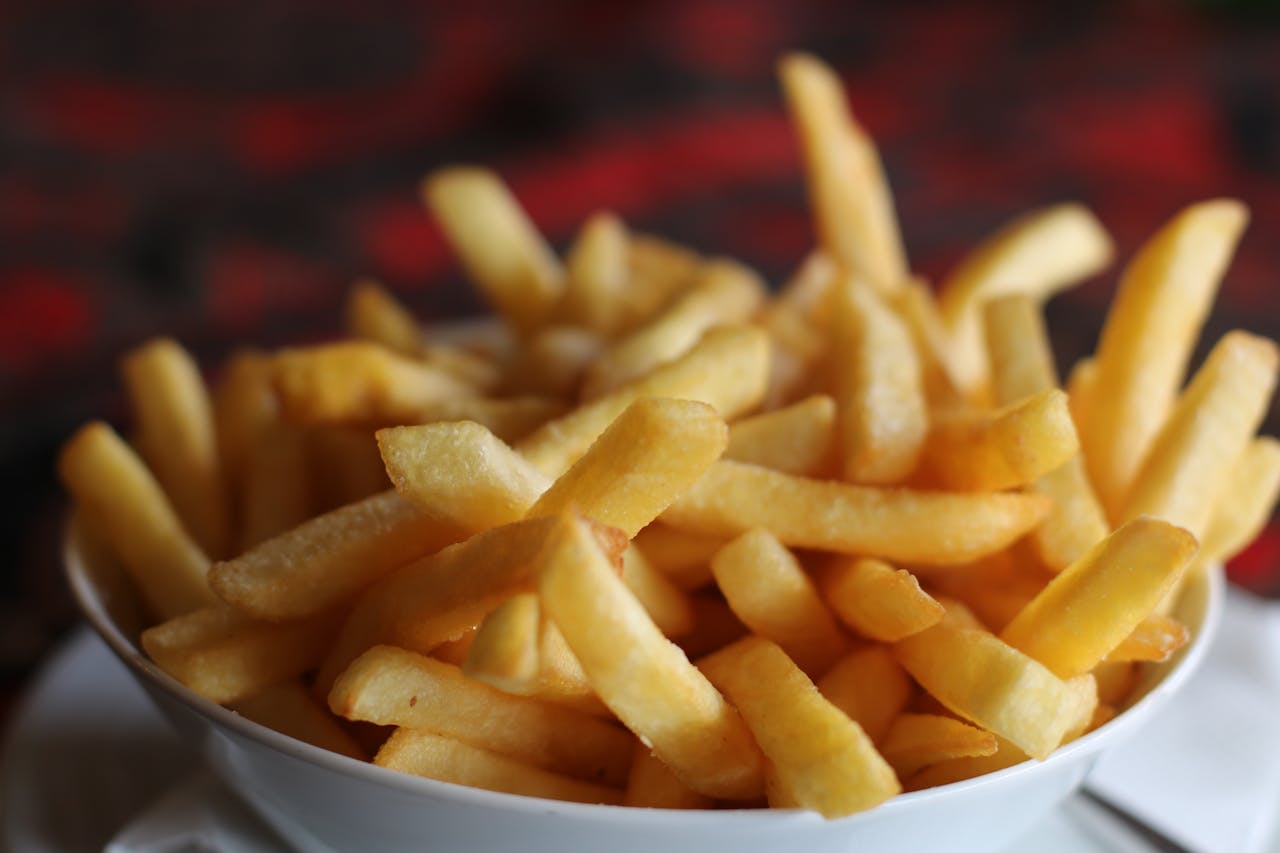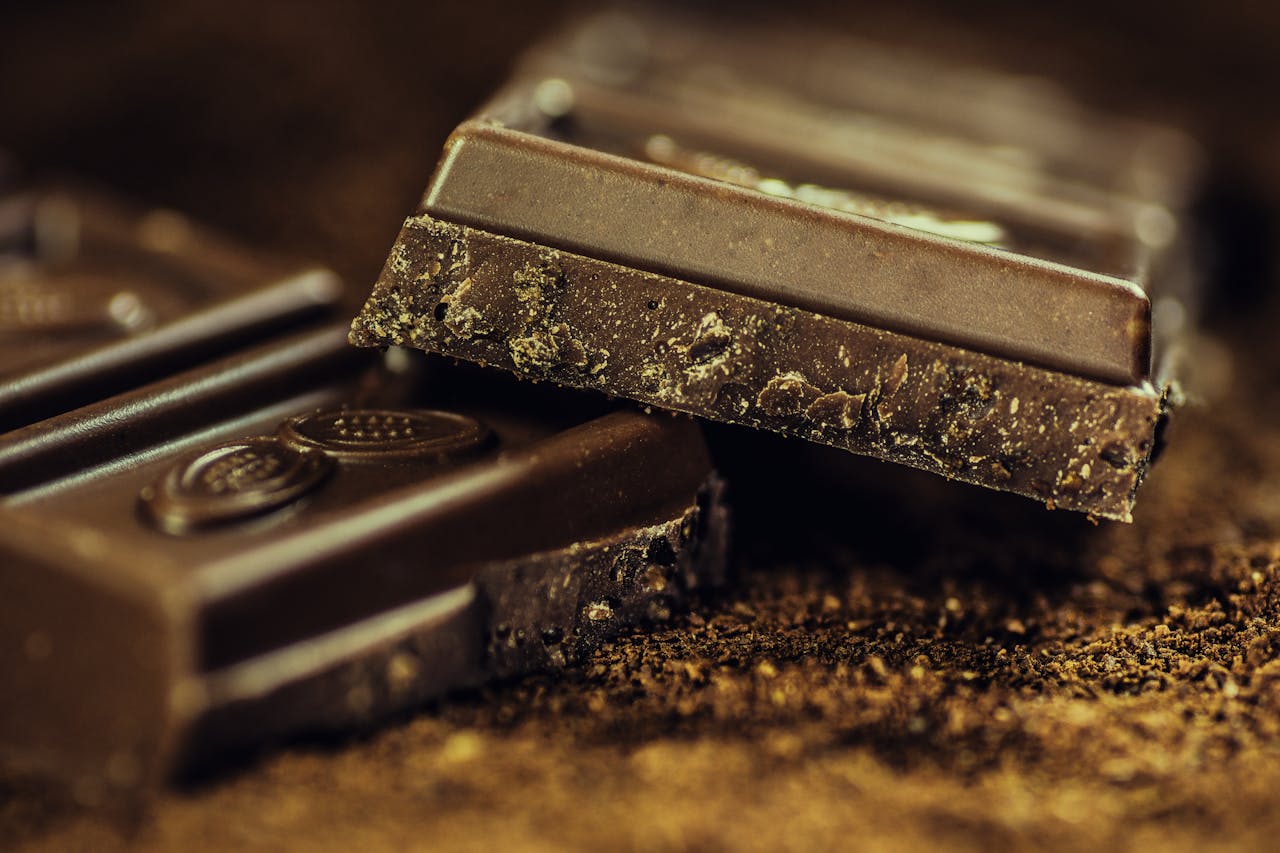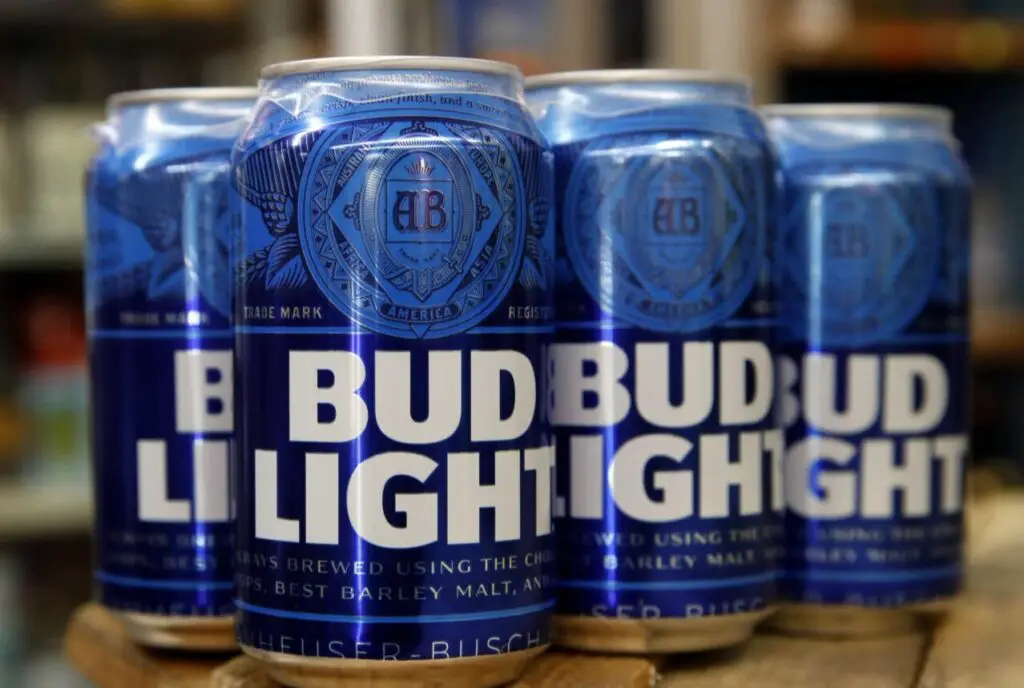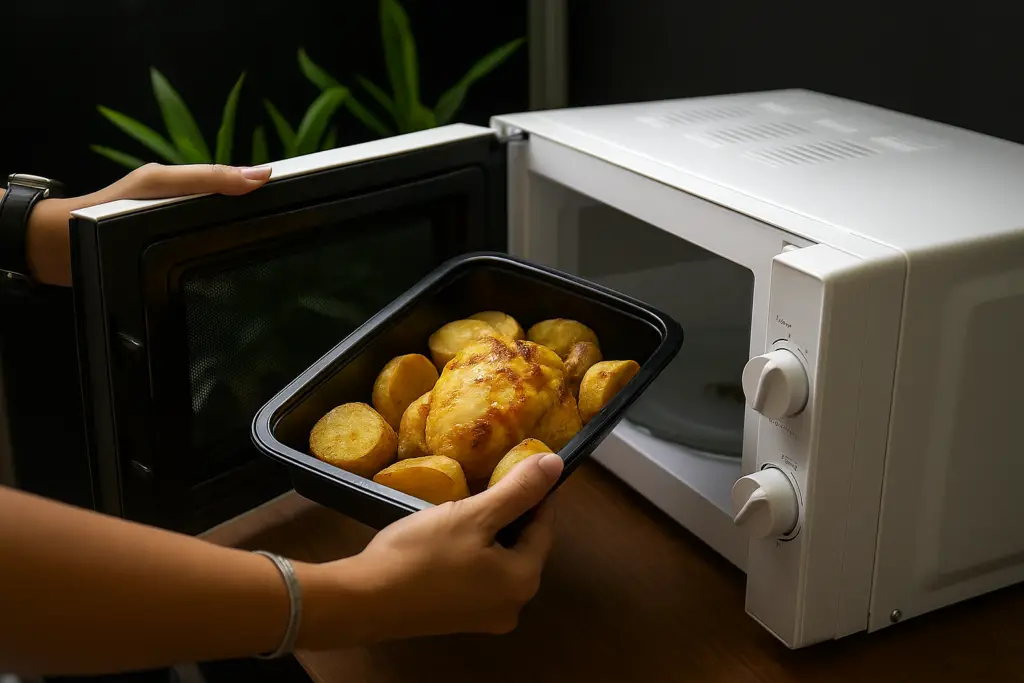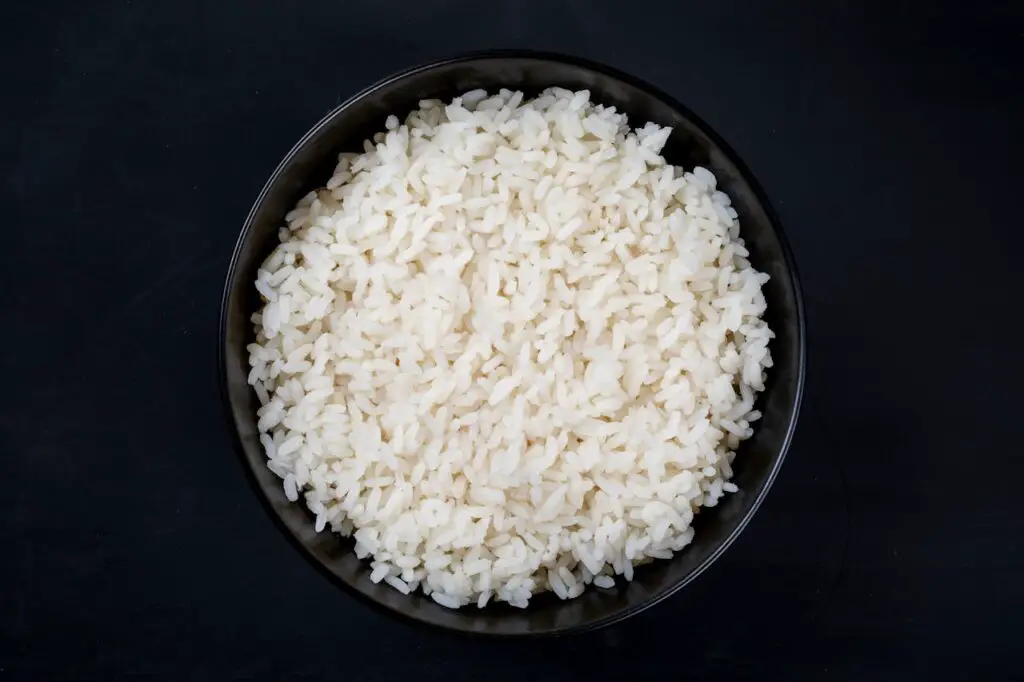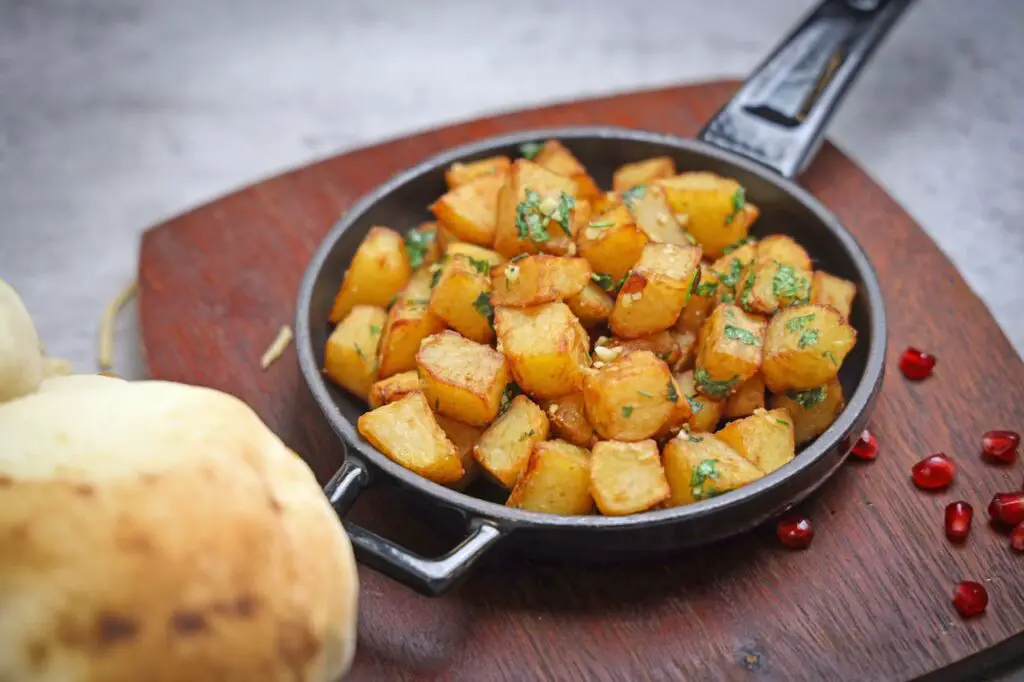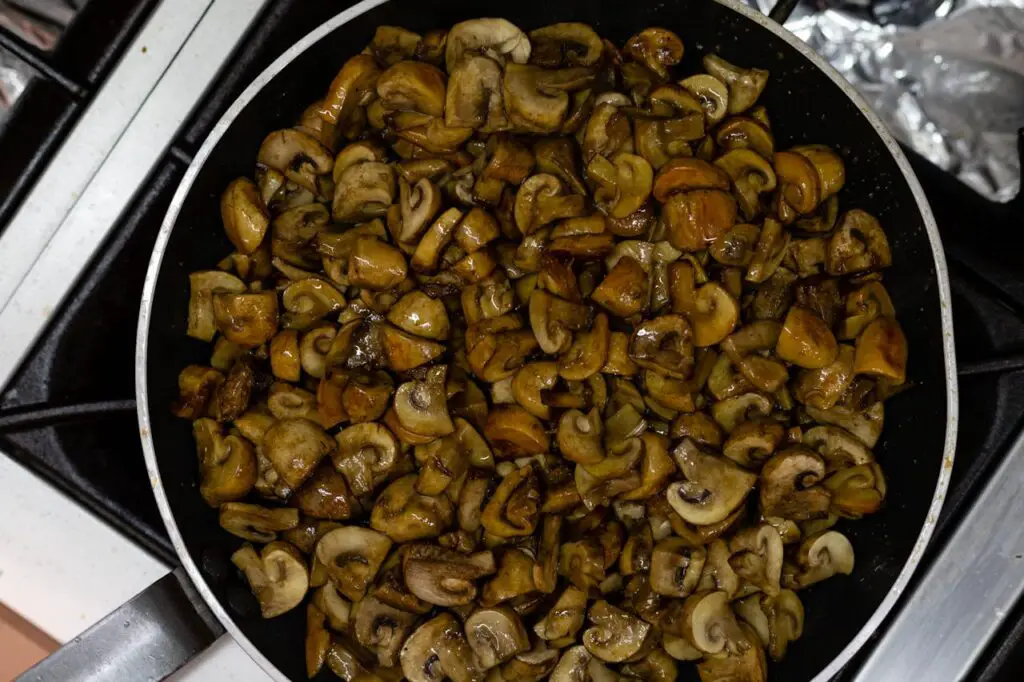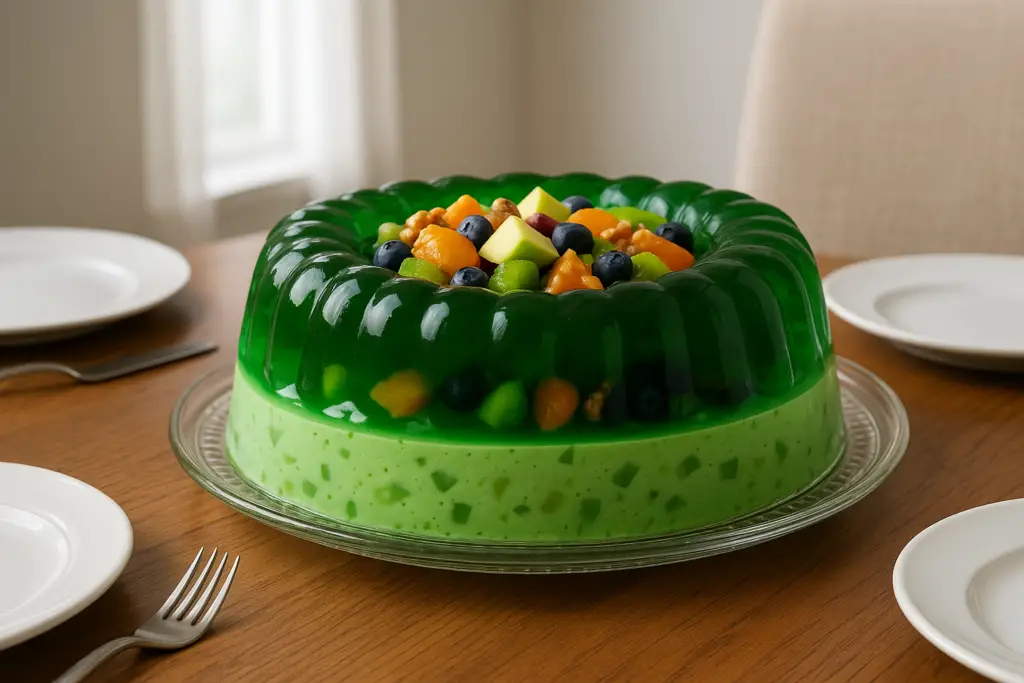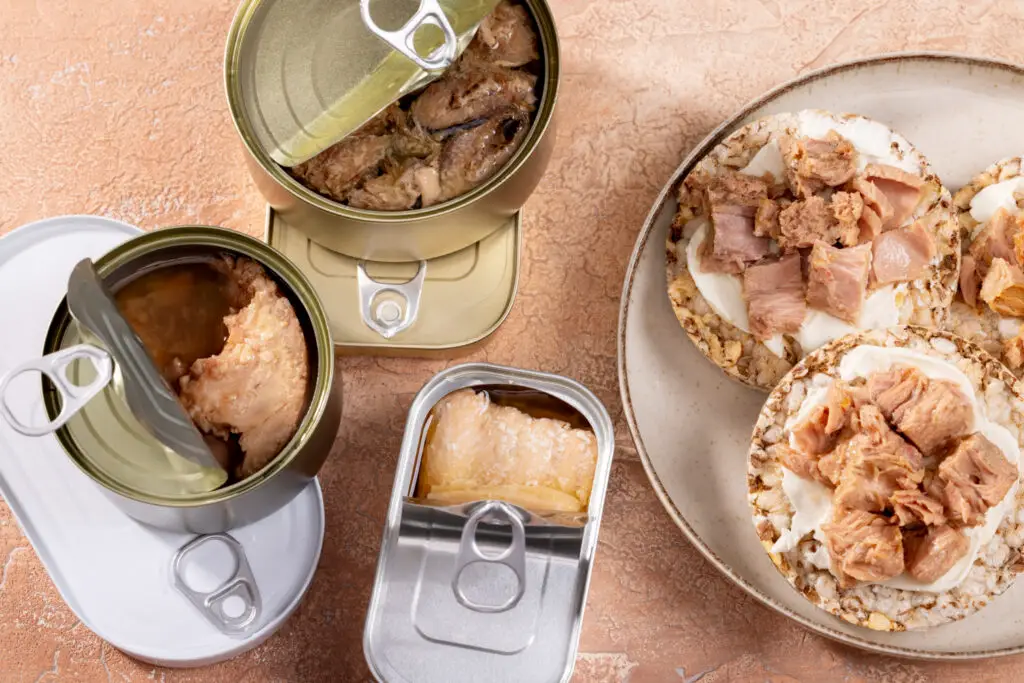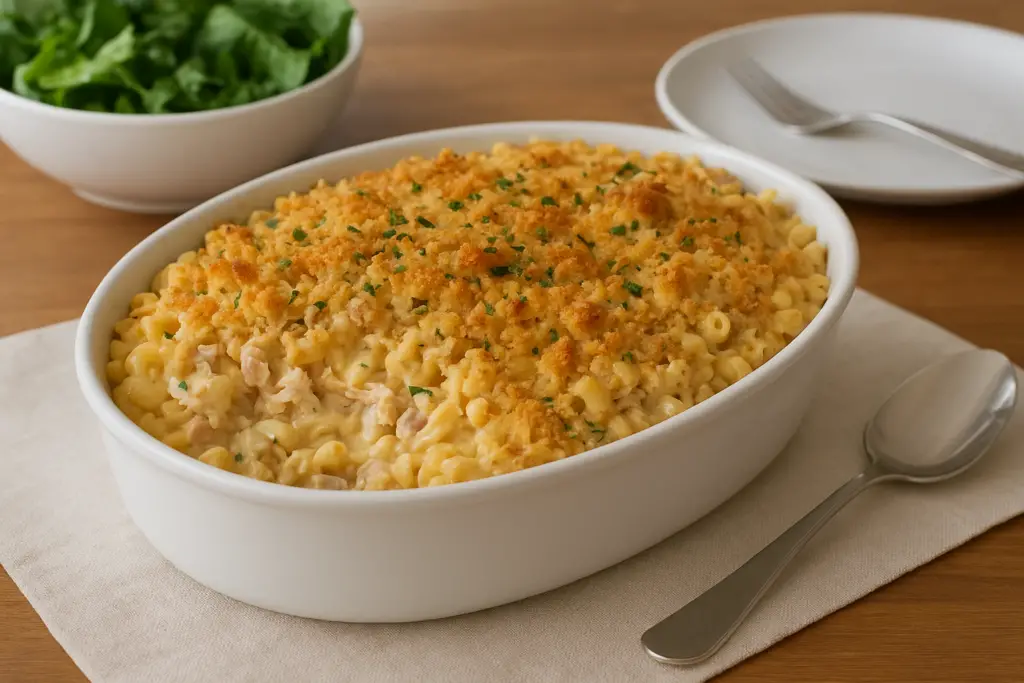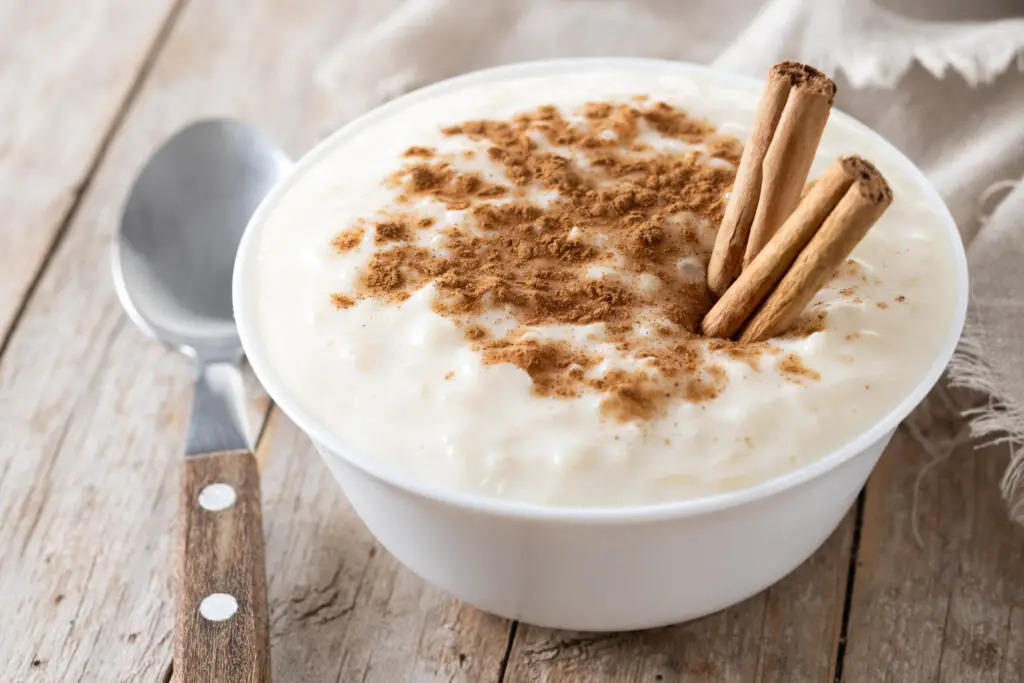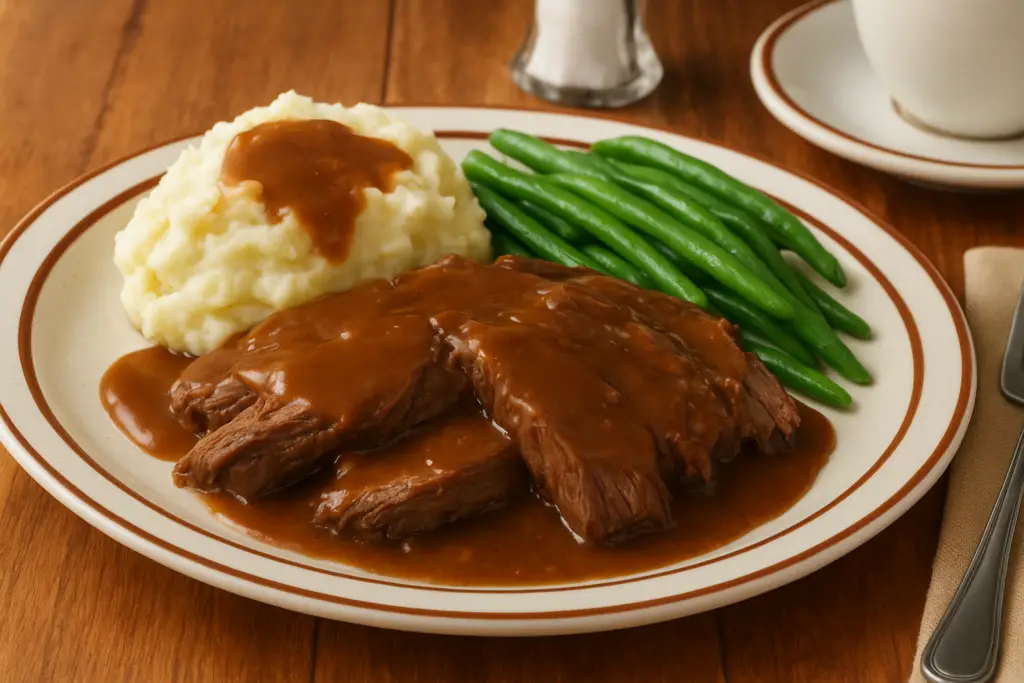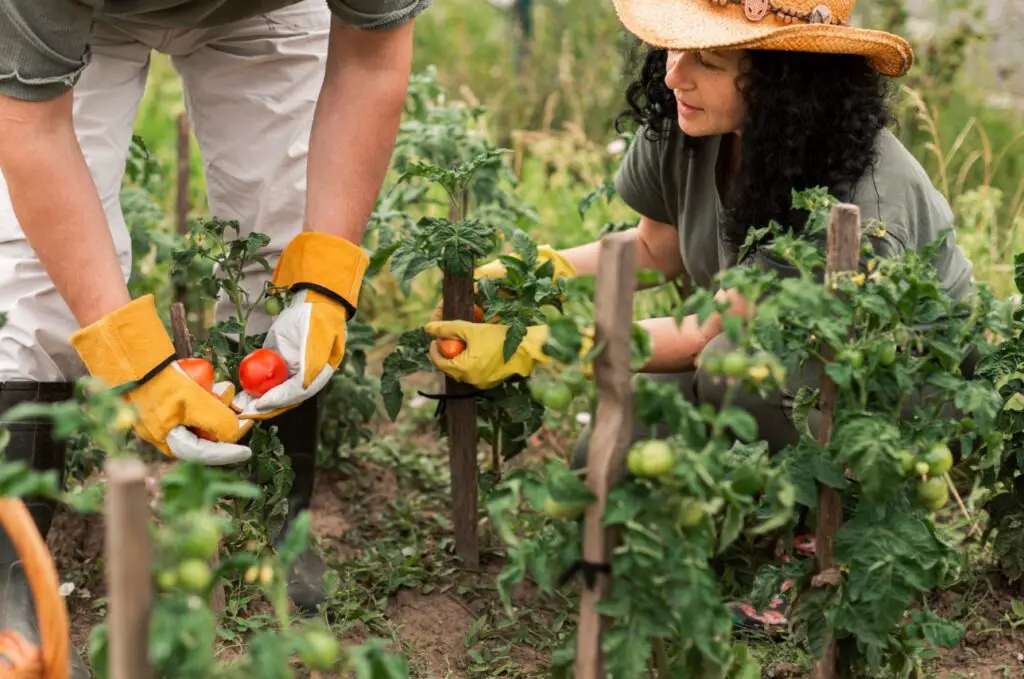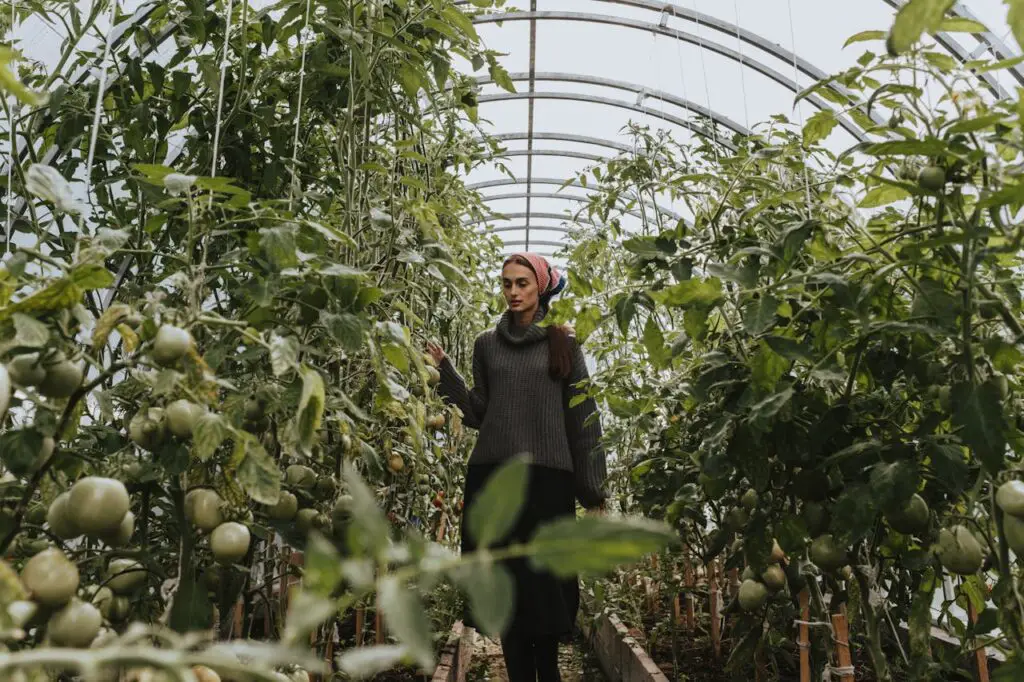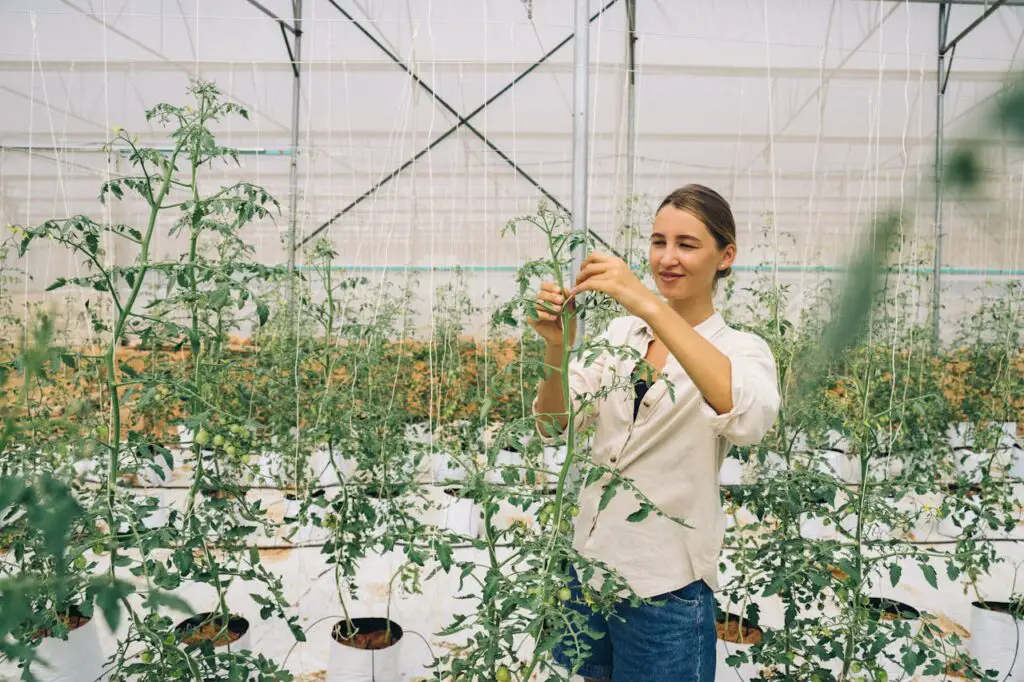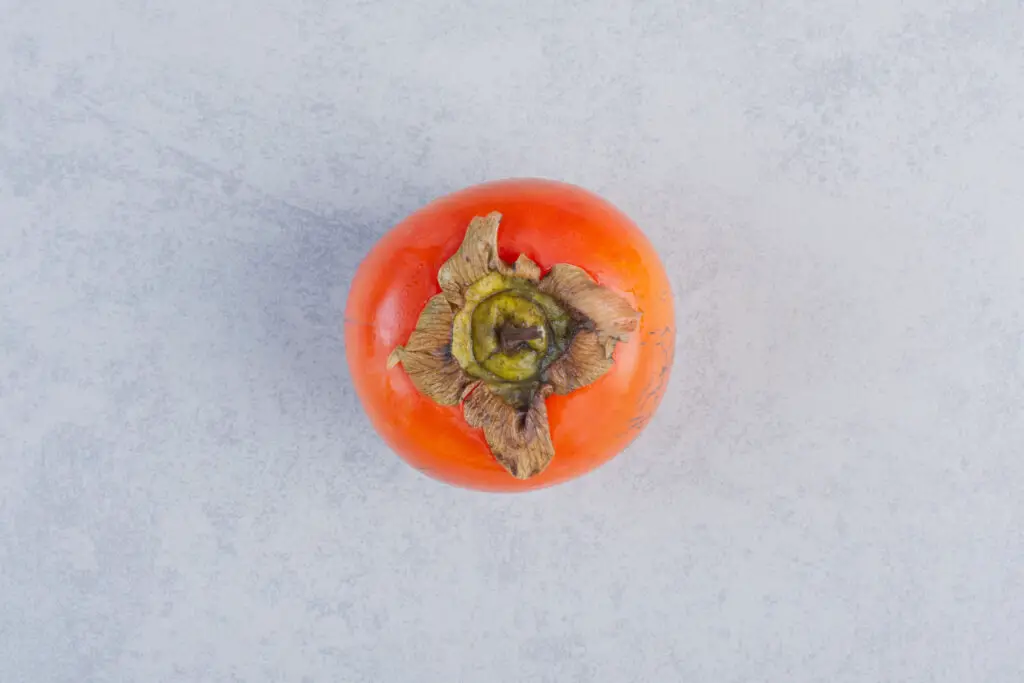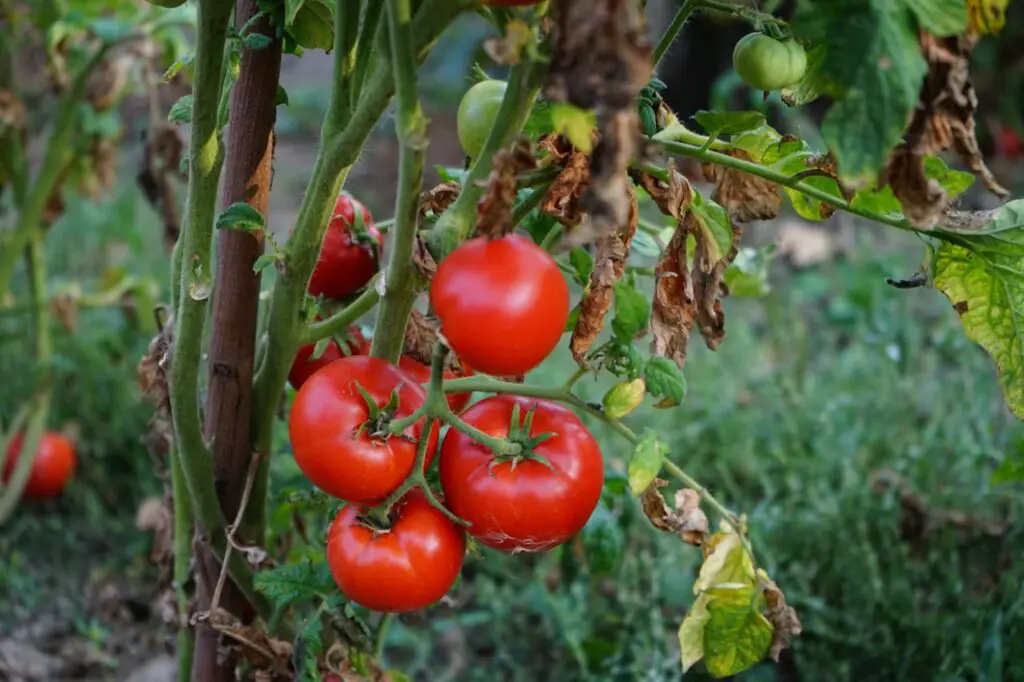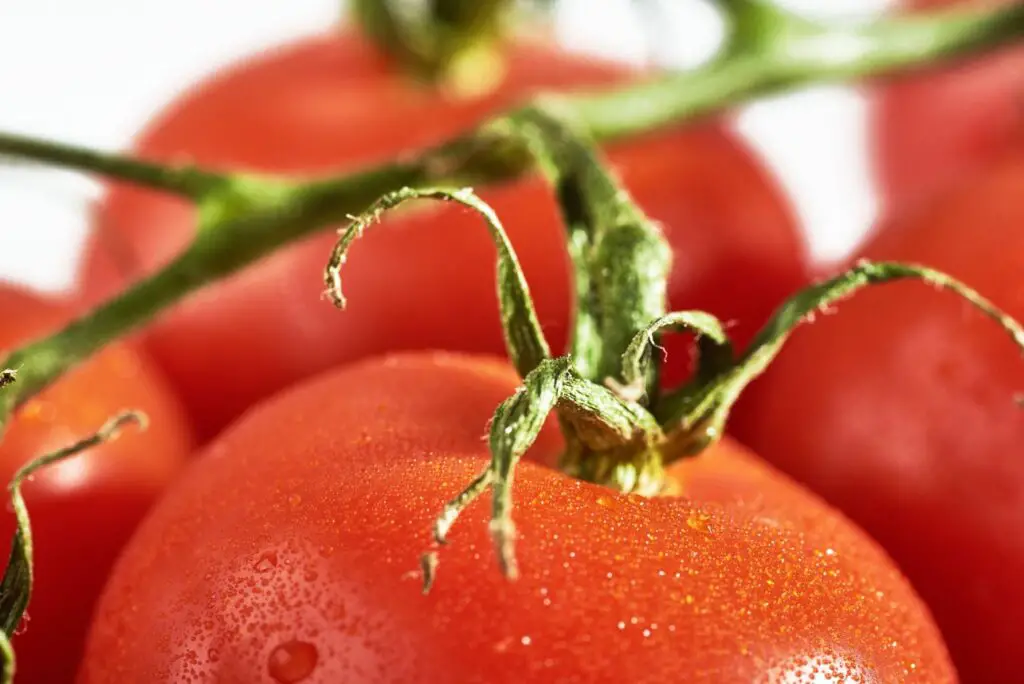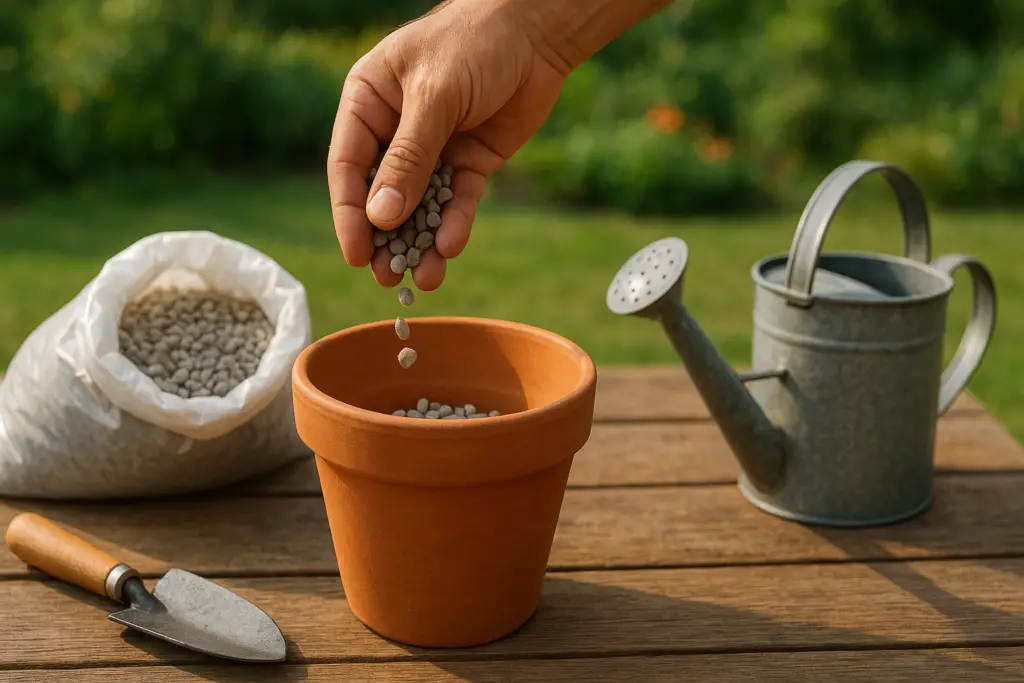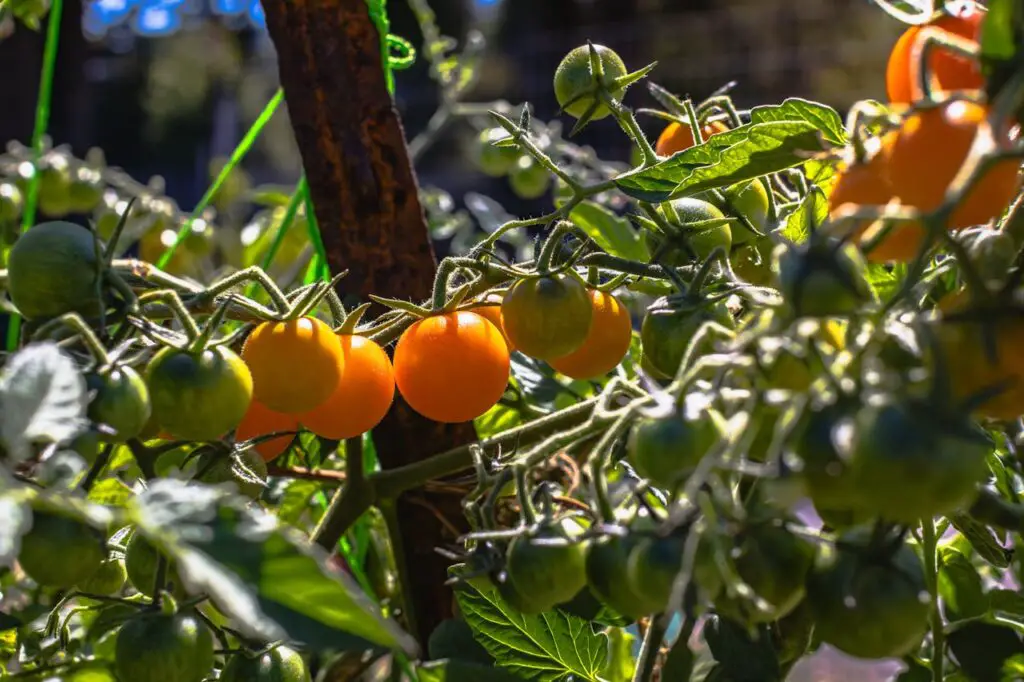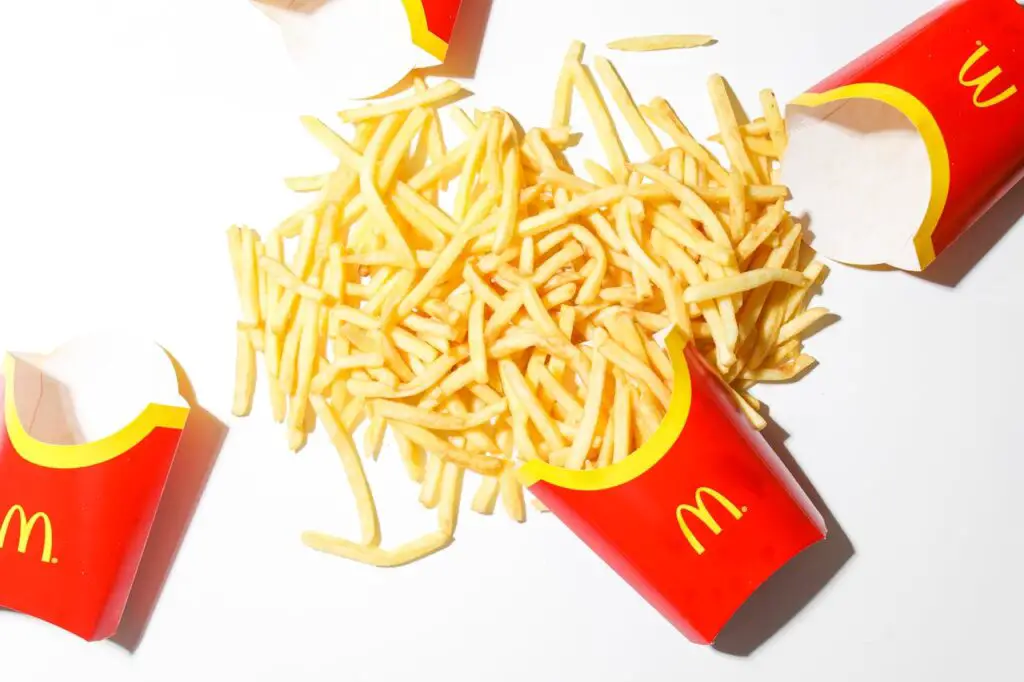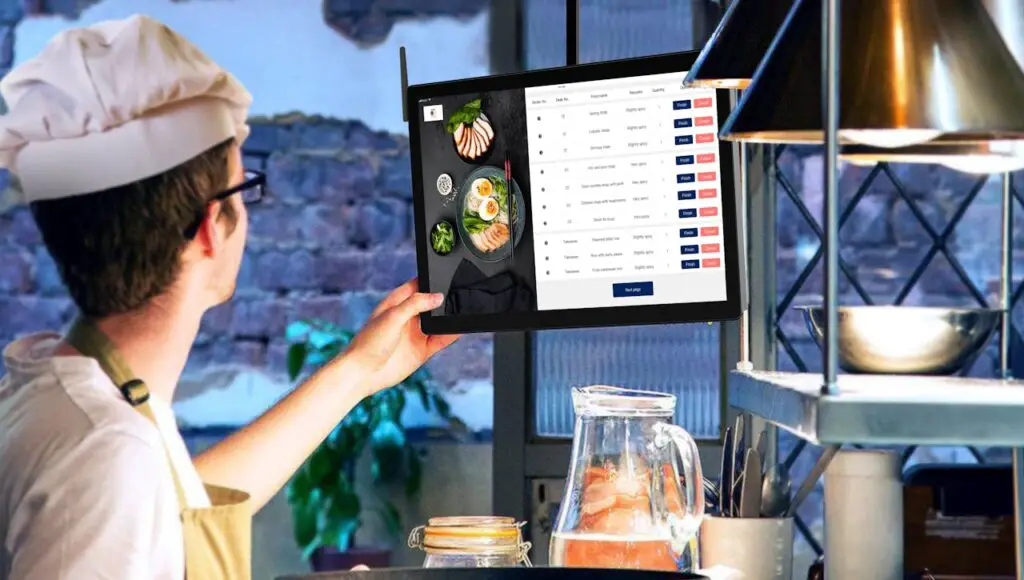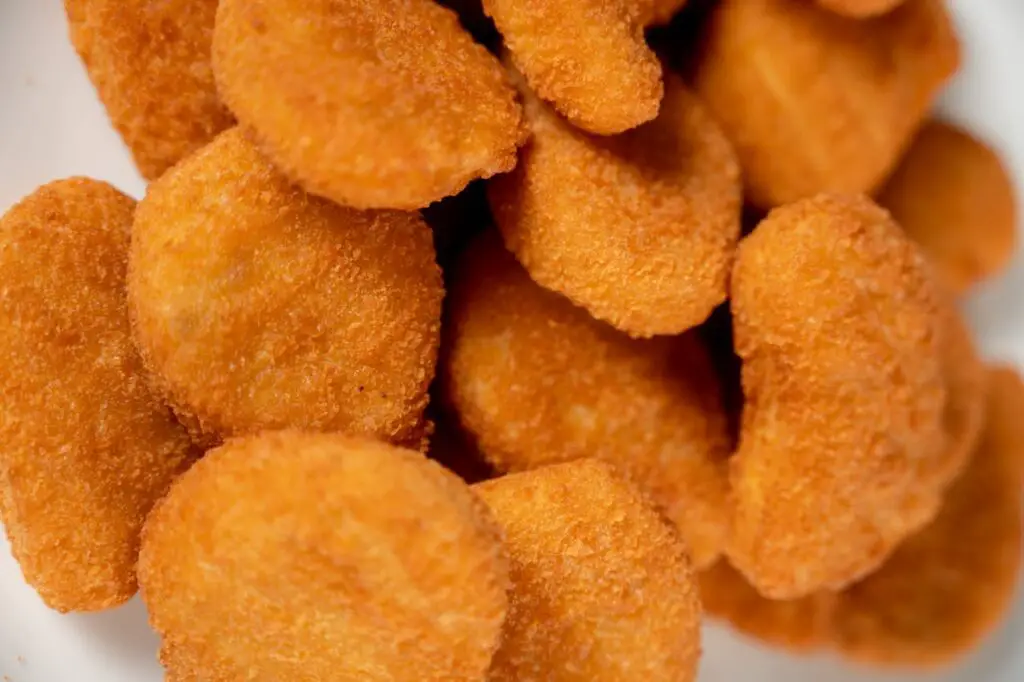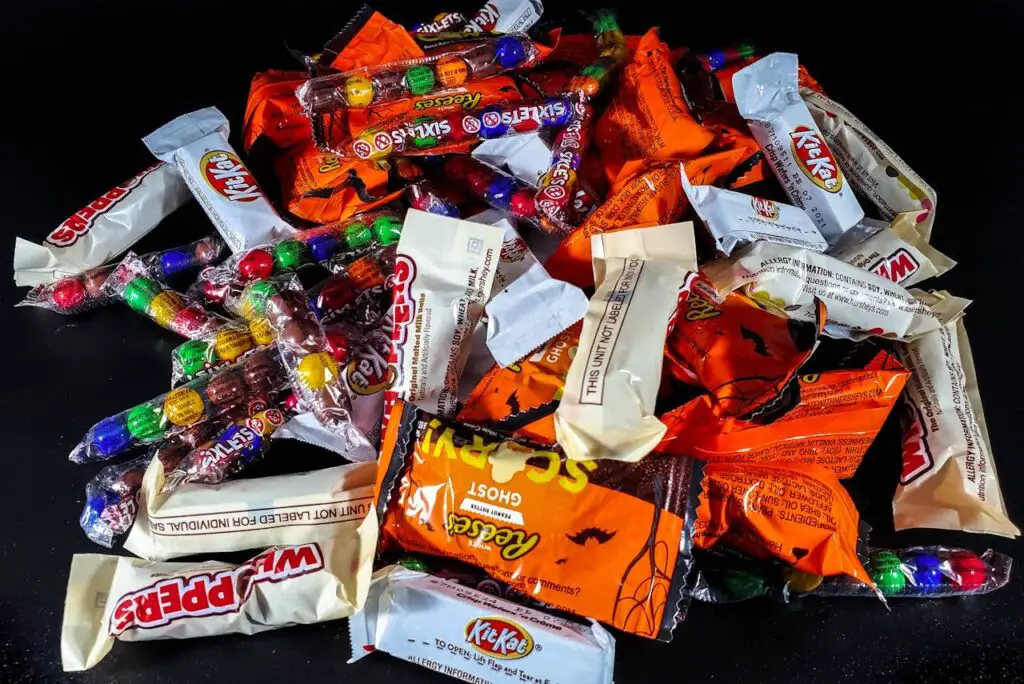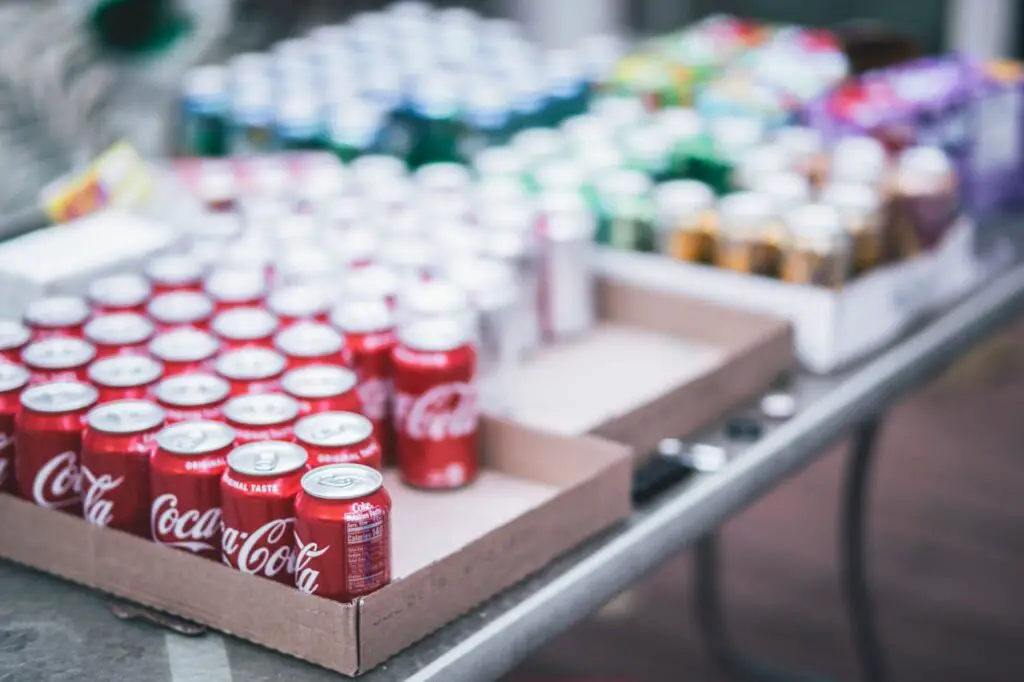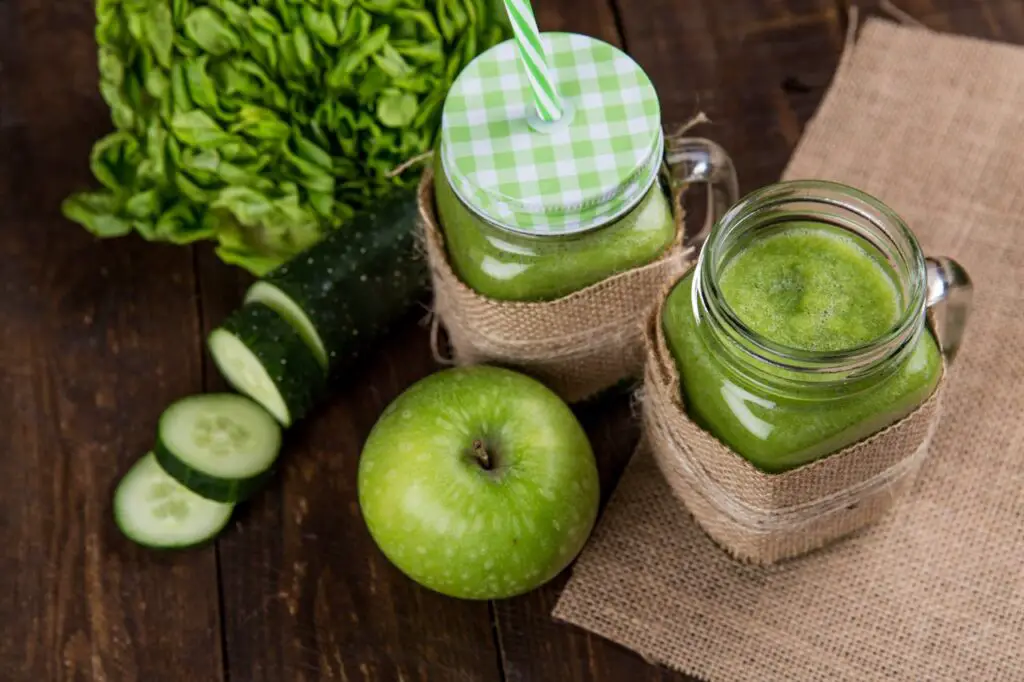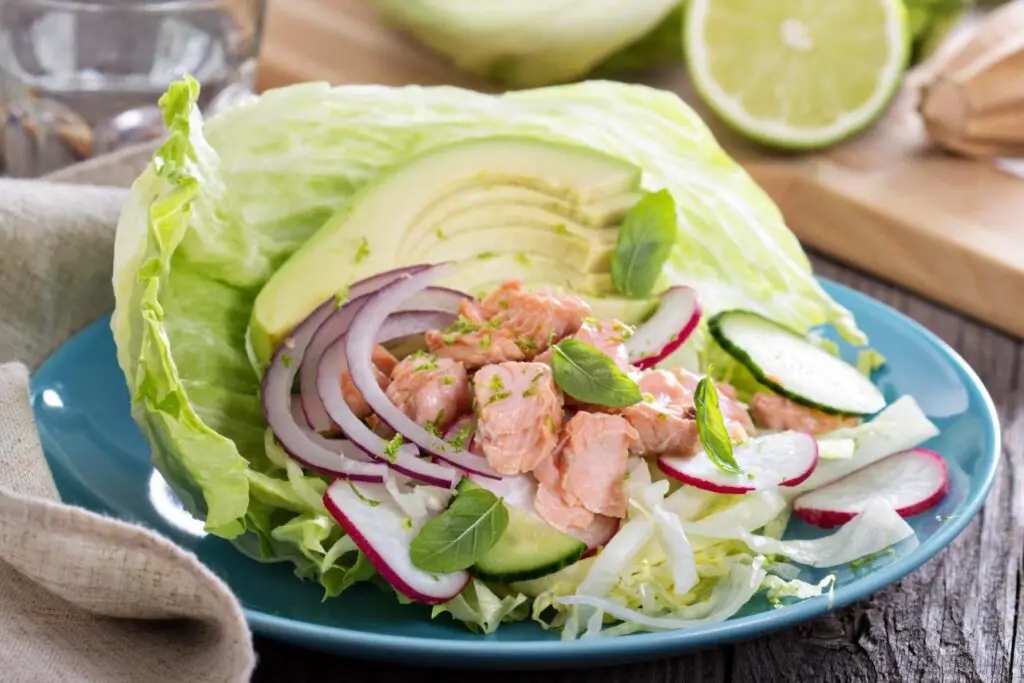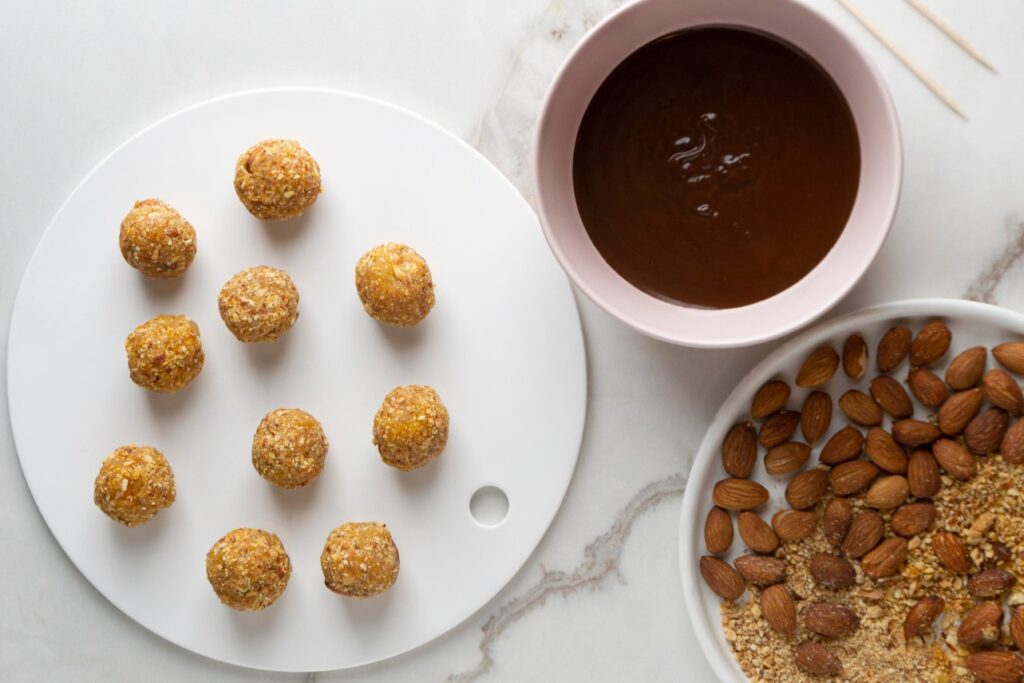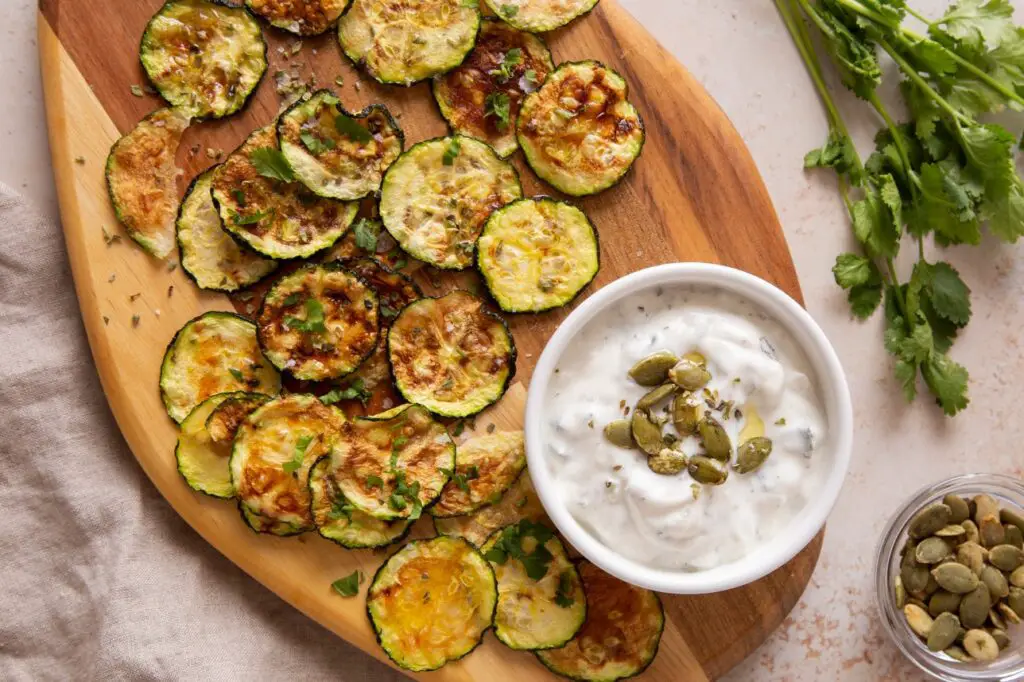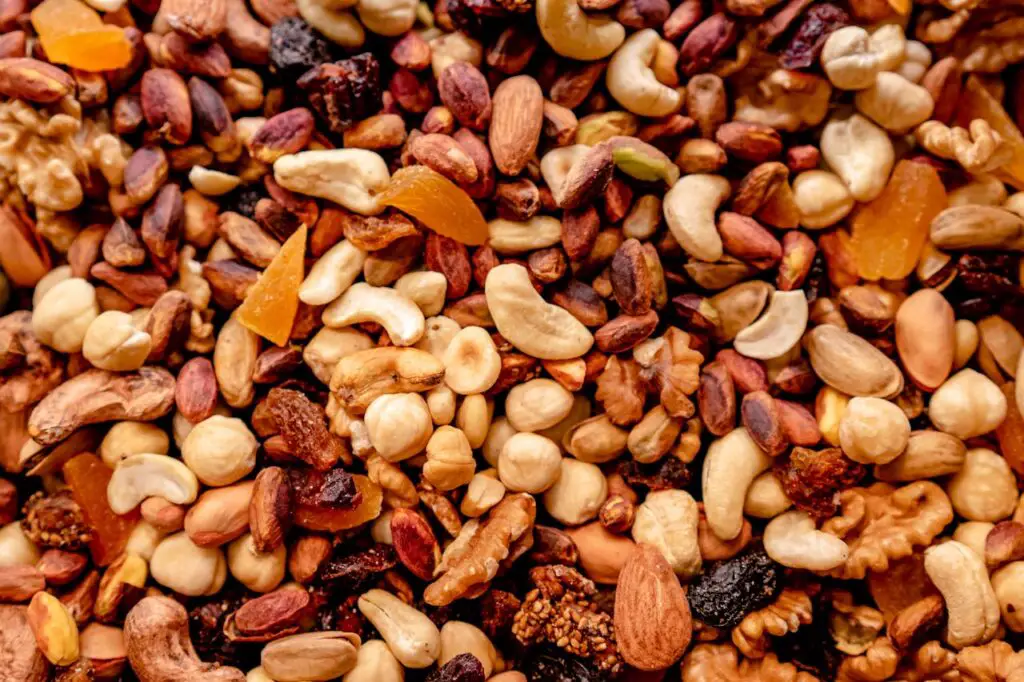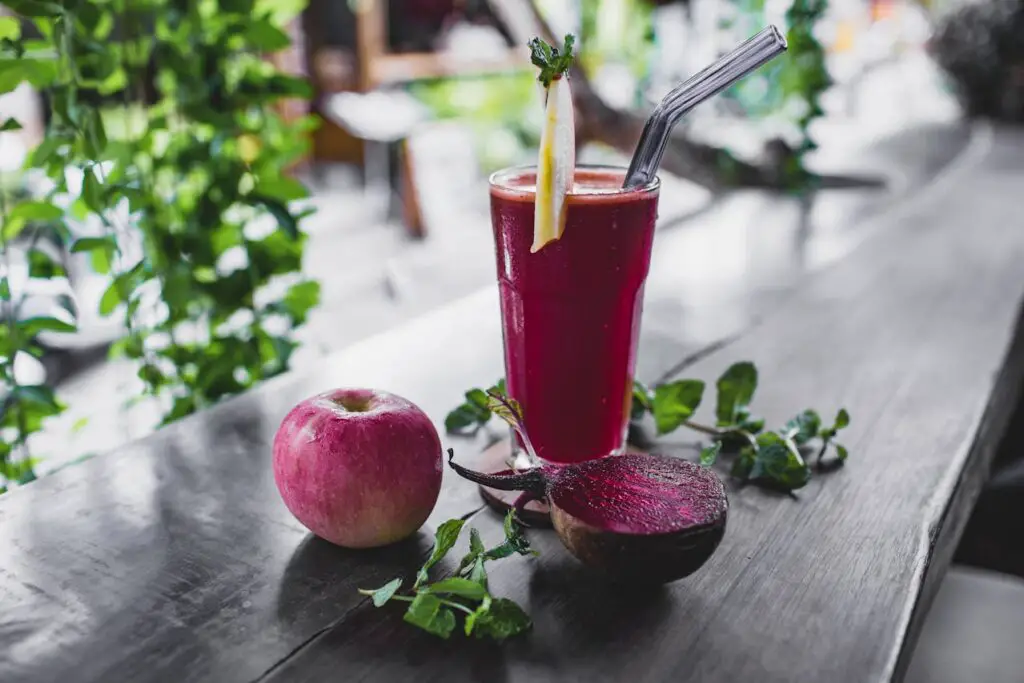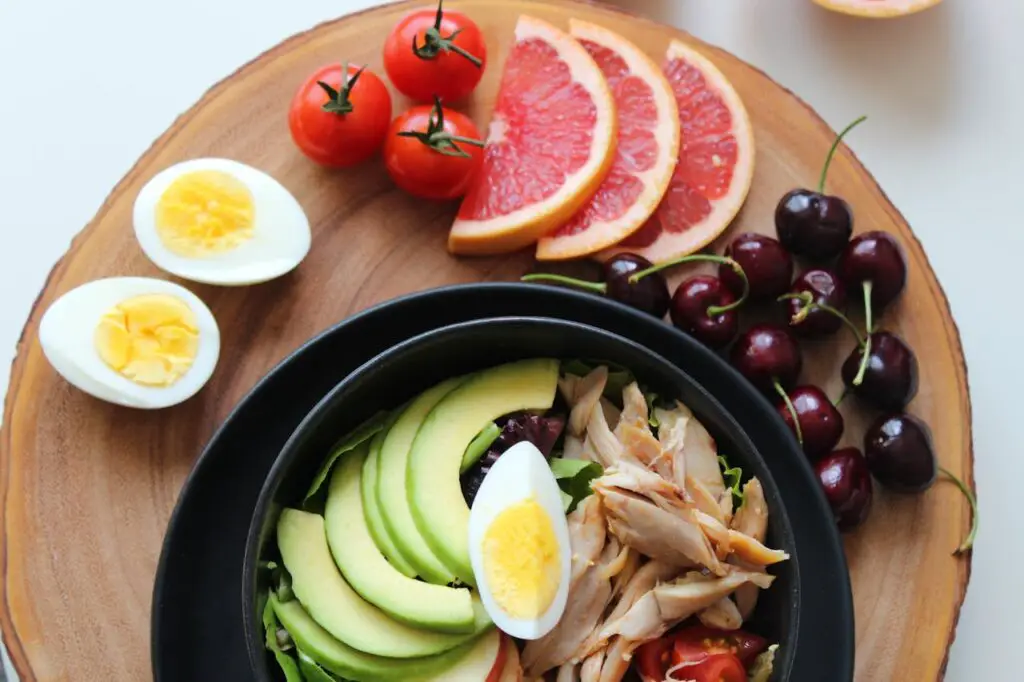Boomers, Be Careful: These Common Drinks Could Cut Your Risk of Heart Disease by 50 Percent

Heart disease has long been one of the biggest health concerns for Baby Boomers in the United States. As we age, the little choices we make every day—like what we eat, how much we move, and yes, even what we drink—can have a huge impact on how healthy our hearts remain. The good news? Some of the beverages you probably already enjoy could play a major role in protecting your heart.
In fact, studies suggest that certain common drinks may reduce the risk of heart disease by as much as 50 percent. Imagine that—something as simple as a cup of coffee, a soothing tea, or even a refreshing juice could help you live longer, feel better, and keep your heart beating strong. Best of all, these are not exotic or expensive superfoods. They are everyday beverages you can easily work into your routine.
So, pour yourself a glass (or a mug) and let’s explore the drinks that could make a real difference for your heart health.
1. Coffee: A Morning Ritual With Surprising Benefits

For years, coffee had a bad reputation. People thought it was unhealthy or too hard on the heart. But research has flipped that idea on its head. Studies now show that drinking one to three cups of coffee a day can lower the risk of heart disease and even heart failure. The magic lies in coffee’s rich supply of antioxidants, which help reduce inflammation and keep blood vessels flexible.
Of course, moderation is key. Two to three cups is the sweet spot for most people. Overdoing it with five or six cups can lead to jitters, stomach upset, or sleep issues. And be mindful of what you put in your cup—too much sugar and cream can cancel out the benefits. Enjoy your coffee in the morning for the best heart protection and let it be a simple, comforting habit that also works in your favor.
2. Green Tea: A Gentle Boost for Your Heart

If coffee feels too strong, green tea is a wonderful alternative. It contains a moderate amount of caffeine, but it is also loaded with catechins, a type of antioxidant that supports heart and blood vessel health. Research has found that even just one cup of green tea per day can lower blood pressure slightly and reduce the risk of dying from cardiovascular problems.
Green tea is also light, refreshing, and versatile. You can sip it hot in the winter or iced in the summer. For Baby Boomers looking to improve their heart health without relying on supplements, green tea is a simple, natural choice.
3. Cold-Brew Tea: More Antioxidants, More Flavor

Cold-brewing tea might sound fancy, but it is simply steeping tea leaves in cold water for several hours. The result is a smooth, refreshing drink that contains even higher levels of antioxidants compared to hot tea. These antioxidants can help lower cholesterol, improve circulation, and reduce the risk of stroke.
You can experiment with different types of tea for your cold brew—black, green, oolong, or herbal blends. Many people enjoy adding a splash of milk or almond milk for a creamier taste. It is an easy way to stay hydrated while giving your body a steady dose of heart-protective nutrients.
4. Beet Juice: Nature’s Blood Pressure Helper
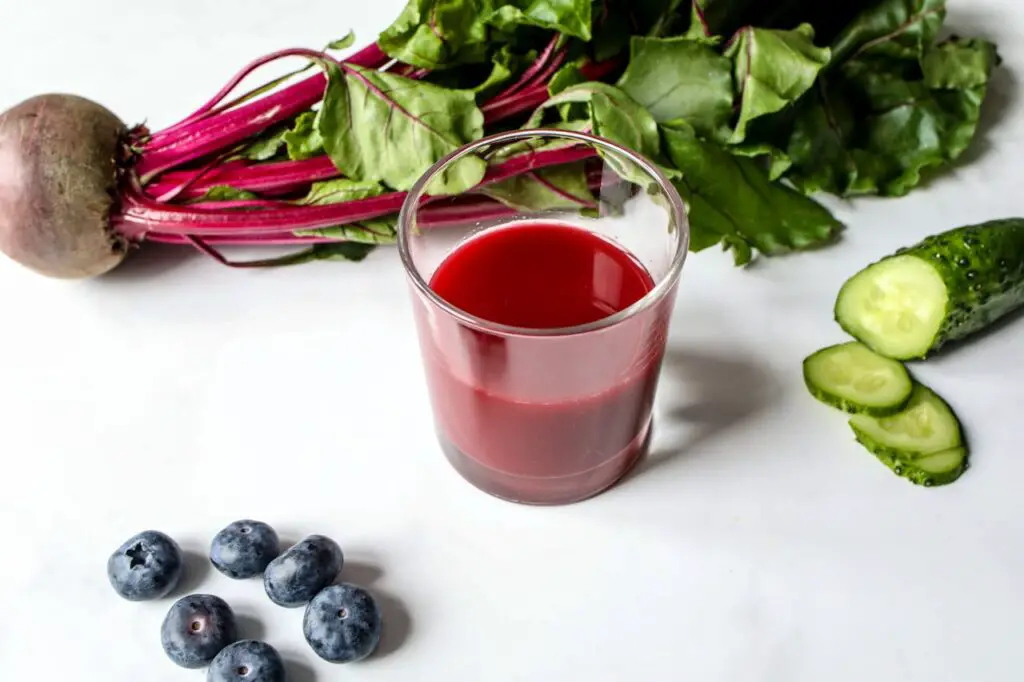
Beet juice may not be the first drink that comes to mind when you think of heart health, but it packs an impressive punch. Beets are rich in dietary nitrates, which the body converts into nitric oxide. This compound relaxes and widens blood vessels, leading to lower blood pressure.
One glass of beet juice a day has been shown to lower systolic blood pressure by around seven points, which is a significant change for older adults. The taste can be earthy, so try mixing it with carrot or apple juice if you prefer something sweeter. Just keep in mind that beet juice is high in oxalates, so if you have kidney issues, it is wise to check with your doctor before making it a daily habit.
5. Pomegranate Juice and Other Fruit Juices
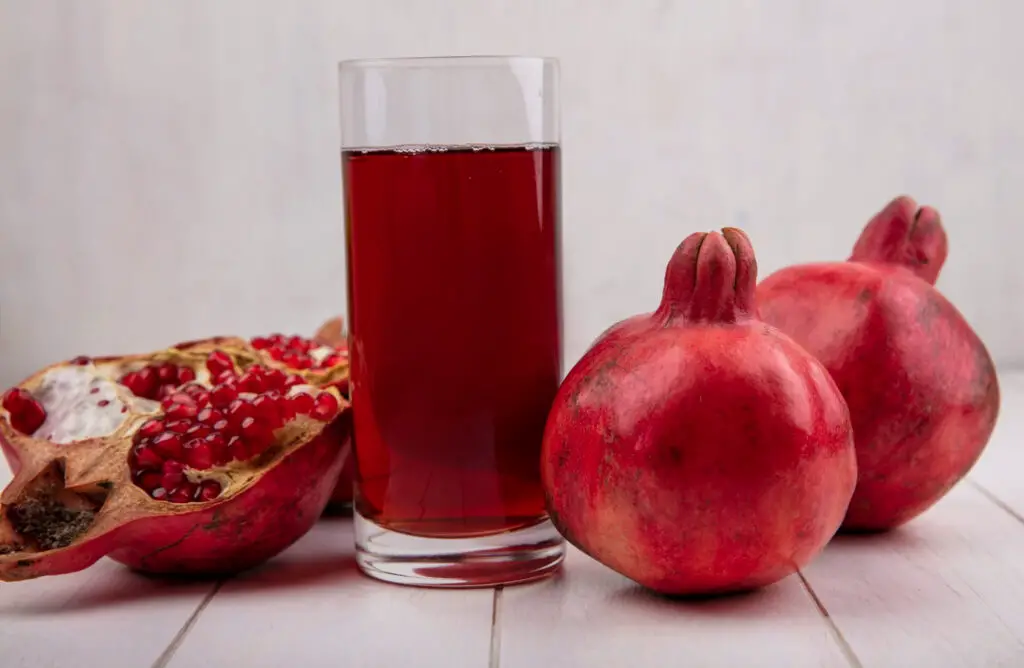
When it comes to juices, not all are created equal. Pomegranate juice stands out because it is loaded with antioxidants that protect the heart. It has also been linked to raising good cholesterol (HDL) and lowering bad cholesterol (LDL). Other juices with heart benefits include tomato, orange, cranberry, blueberry, and pineapple juice. Each of these brings its own mix of vitamins, minerals, and plant compounds that support heart health.
The key with juice is moderation. Choose 100 percent fruit juice without added sugar and limit your serving to a small glass. Too much juice means too much sugar, which can work against your health goals. Think of juice as a nutrient-packed boost rather than an all-day drink.
6. Chamomile Tea: A Soothing Evening Choice

After a long day, nothing feels better than winding down with a warm cup of tea. Chamomile tea has long been known for its calming effects, but it may also benefit your heart. Some research suggests that drinking chamomile tea regularly can help lower LDL cholesterol over time.
It is naturally caffeine-free, which makes it a perfect bedtime drink. Beyond heart health, chamomile can also improve sleep quality, ease digestion, and help you relax. It is one of those small rituals that not only feels good in the moment but can also support your long-term well-being.
7. Water: The Unsung Hero of Heart Health

It might seem too simple, but water truly is the most important drink for your heart. Staying well hydrated helps blood flow smoothly, supports nutrient delivery, and keeps your organs functioning at their best. Dehydration, on the other hand, makes the heart work harder, which can put unnecessary strain on it.
Aim to drink water whenever you are thirsty and choose it over soda or sugary beverages. If plain water feels boring, try adding a slice of lemon, cucumber, or a few berries for a splash of flavor. Sometimes the simplest choice really is the smartest one.
8. Alcohol in Moderation—But With Caution

For years, people believed that a glass of wine or a beer here and there was good for the heart. Some studies have shown a reduced risk of heart disease with light alcohol consumption, but newer research suggests the benefits may not be as clear-cut as once thought. In fact, the protective effects might be more about overall lifestyle than alcohol itself.
If you do not currently drink, there is no reason to start. If you already enjoy the occasional drink, keep it very modest. That means no more than one glass of wine or beer a day, and ideally less. Always speak with your doctor about whether alcohol is safe for you, especially if you take medications or have underlying health issues.
Final Thoughts

When it comes to protecting your heart, it is comforting to know that you do not have to overhaul your entire lifestyle. Sometimes, the simplest choices—like what you pour into your glass—can add up to meaningful change. Whether it is your morning cup of coffee, an afternoon glass of green tea, or a soothing mug of chamomile at night, these everyday drinks can quietly strengthen your heart and improve your quality of life.
For Baby Boomers, heart health is not just about adding years to your life, but adding life to your years. So raise your mug, your glass, or even your water bottle to small, heart-smart choices that truly make a difference. Here is to sipping your way toward a healthier tomorrow.




